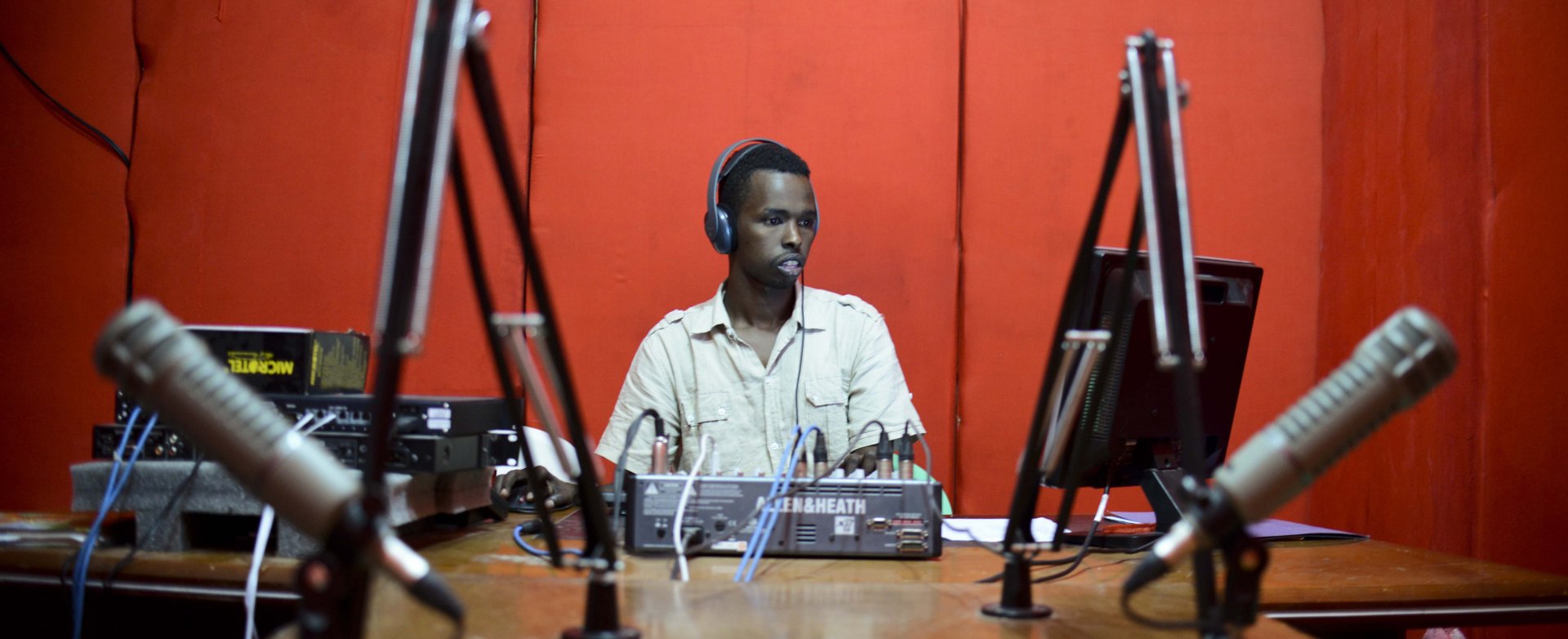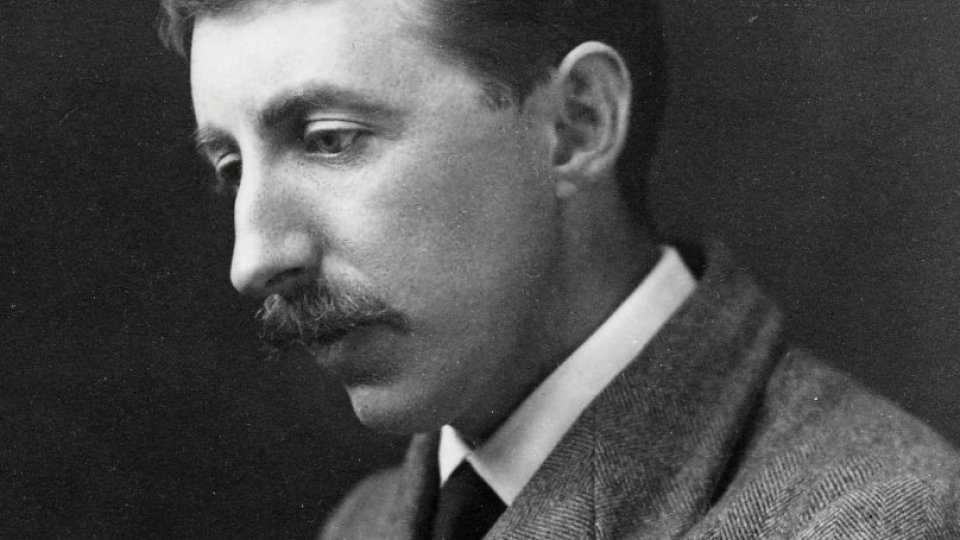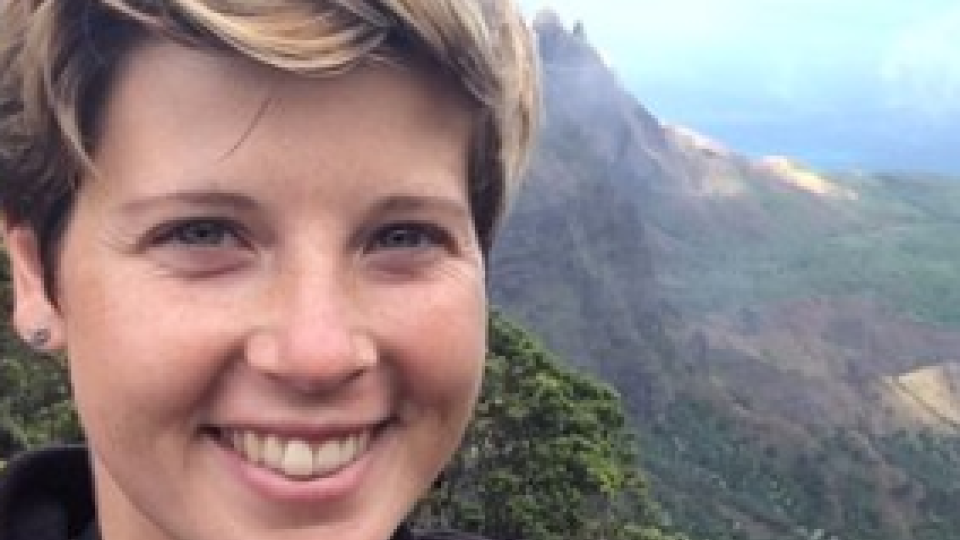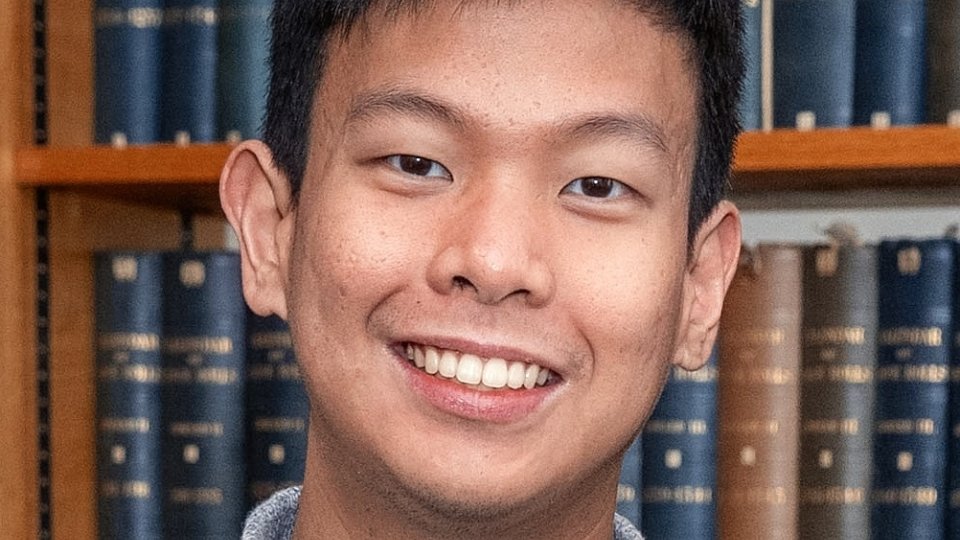
In sub-Saharan Africa the fight is on to prevent millions being infected by the new COVID-19 coronavirus and healthcare systems becoming overwhelmed. A project co-founded by King’s Fellow Sharath Srinivasan could play a vital role.
Prevention is critical. It’s not about ventilators or PPE here – it’s about how we have effective communications, that make sense to ordinary people, how we listen to them and give them information they trust.
Every day, as the COVID-19 crisis grows, millions of people in Kenya tune in to local radio for news and information. From across cities and rural communities, popular stations such as Radio Jambo, broadcasting from Nairobi, receive calls and SMS messages reflecting growing public anxiety. Providing relevant answers and accurate information in a space listeners trust, value and are familiar with will be essential in managing the health emergency. A foundation which began life in Cambridge, Africa’s Voices, is leading ground-breaking two-way mass and individual health communications to ensure that critical information and advice reaches everyone.
Africa’s Voices was spun out in 2014 from research into citizen engagement, communications and governance in Africa, led by Dr Sharath Srinivasan and involving a range of King’s fellows across diverse disciplines. Now African-led and run and based in Nairobi, the non-profit organisation uses technology and media, and a unique approach to combining digital technology and social research, to amplify local voices to influence social and political change.
Trusted local radio is an important medium for communicating with otherwise hard to reach populations. An initial project two years ago in Somalia during the 2017-2018 drought and cholera epidemic was able to test whether an approach using local radio shows, where people phoned or texted in with opinions on key questions, could be rapidly deployed in a health emergency. As the threat from COVID-19 has mounted, this is now being applied to the new and much bigger challenge.
Four weeks ago a pilot project was launched in Kenya, using the most popular Swahili-speaking radio station, Radio Jambo. A free SMS service means that listeners can send in questions and comments in their local language, which can then be analysed to identify the dominant themes, and the content being broadcast shaped accordingly.
When listeners get in touch to ask a question, or relay misleading or false information they’ve heard – often on social media – these are individually responded to. Individual conversations by SMS can be had at scale, guided by a response protocol vetted by external public health experts and in line with government advice, and a continuous engagement channel like this yields insights about social and epidemiological impact that can be of enormous benefit to responders.
Sharath Srinivasan is concerned about the potentially devastating impact of COVID-19 on large displaced populations in Somalia and on Kenya’s rural and urban poor, but believes that the work being done by Africa’s Voices offers a new capability which could have bigger future implications.
Mass community action to flatten the curve is incredibly difficult in these circumstances. Trusted, effective, relevant communications are critical – to provide real help rather than foster fear, and to combat rumours and wrong information. If we can manage risk and anxiety we can ensure more effective behaviours; to do this we need to understand what communications will make sense to the audience. By intelligent listening to what people are thinking about and coping with every day, public radio content and tailored individual SMS responses can be refined to give accurate, up to date messages – and in combating the spread and impact of coronavirus, that could make a real difference.







